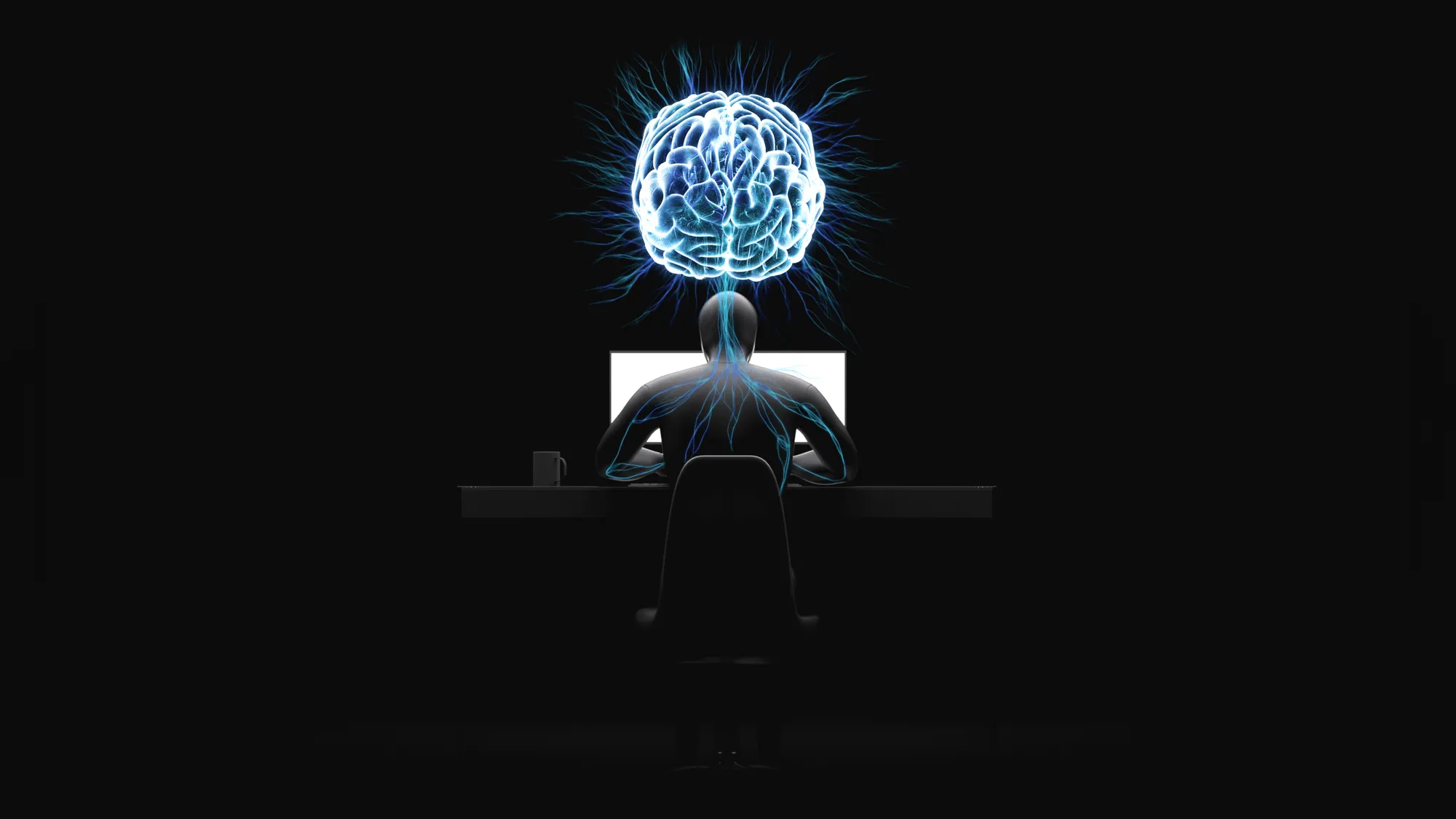
Despite all the recent talk about supercomputers and artificial intelligence, the human brain remains the most complex machine on the planet.
At the center of this complexity lies the prefrontal cortex, our most sophisticated piece of neuronal hardware.
With this relatively recent evolutionary adaptation came a heightened degree of self-awareness, an ability to delay gratification, plan for the long term, reason through complex logic, and think about our thinking.
This hopped-up cogitation promoted us from slow, weak, hairless apes into tool-wielding apex predators, turning a life that was once nasty, brutish, and short into something decidedly more civilized.
But all of this ingenuity came at a cost...
No one built an off switch for the potent self-awareness that made it all possible.
As Duke University psychologist Mark Leary in his aptly titled book, The Curse of the Self puts it:
“The self is not an unmitigated blessing, it is single-handedly responsible for many, if not most of the problems that human beings face as individuals and as a species.
It conjures up a great deal of personal suffering in the form of depression, anxiety, anger, jealousy, and other negative emotions.”
This is the downside of our prefrontal cortices.
The trade-off for having a “sense of self”.
It’s also one of the reasons we all love being in the flow so much.
Here’s the thing:
When we experience a flow state that gives us access to something more, we feel it first as something less—and that something missing is us.
Or, more specifically, the inner critic we all come with:
Our inner Woody Allen, that nagging, defeatist, always-on voice in our heads.
You’re too fat. Too skinny. Too smart to be working this job. Too scared to do anything about it.
A relentless drumbeat that rings in our ears.
Scientists call this shutdown “transient hypofrontality.”
Transient means temporary.
“Hypo,” the opposite of “hyper,” means “less than normal.”
And frontality refers to the prefrontal cortex, the part of our brain that generates our sense of self.
During transient hypofrontality, because large swatches of the prefrontal cortex turn off, that inner critic comes offline.
Our inner Woody Allen goes quiet.
Without all the badgering, we get a real sense of peace.
Without self-talk to stir up negative emotions, tension melts and the experience is almost mystical.
And with tension out of the way, we often discover a better version of ourselves.
More confident and clear.
More able to look at life and the often repetitive stories we tell about it, with fresh eyes.
Even if after flow, we slip back into the monotony of our everyday roles—parent, spouse, employee, boss, neighbor—but, by then, we know they’re just costumes with zippers.
The experience of selflessness that flow brings gives us flexibility in how we respond to life and its challenges.
By stepping outside ourselves, we gain perspective.
We become objectively aware of our costumes rather than subjectively fused with them.
We realize we can take them off, discard those that are worn out or no longer fit, and even create new ones.
That’s the paradox of selflessness and a key benefit of flow…
By periodically losing our minds we stand a better chance of finding ourselves.



.jpeg)





